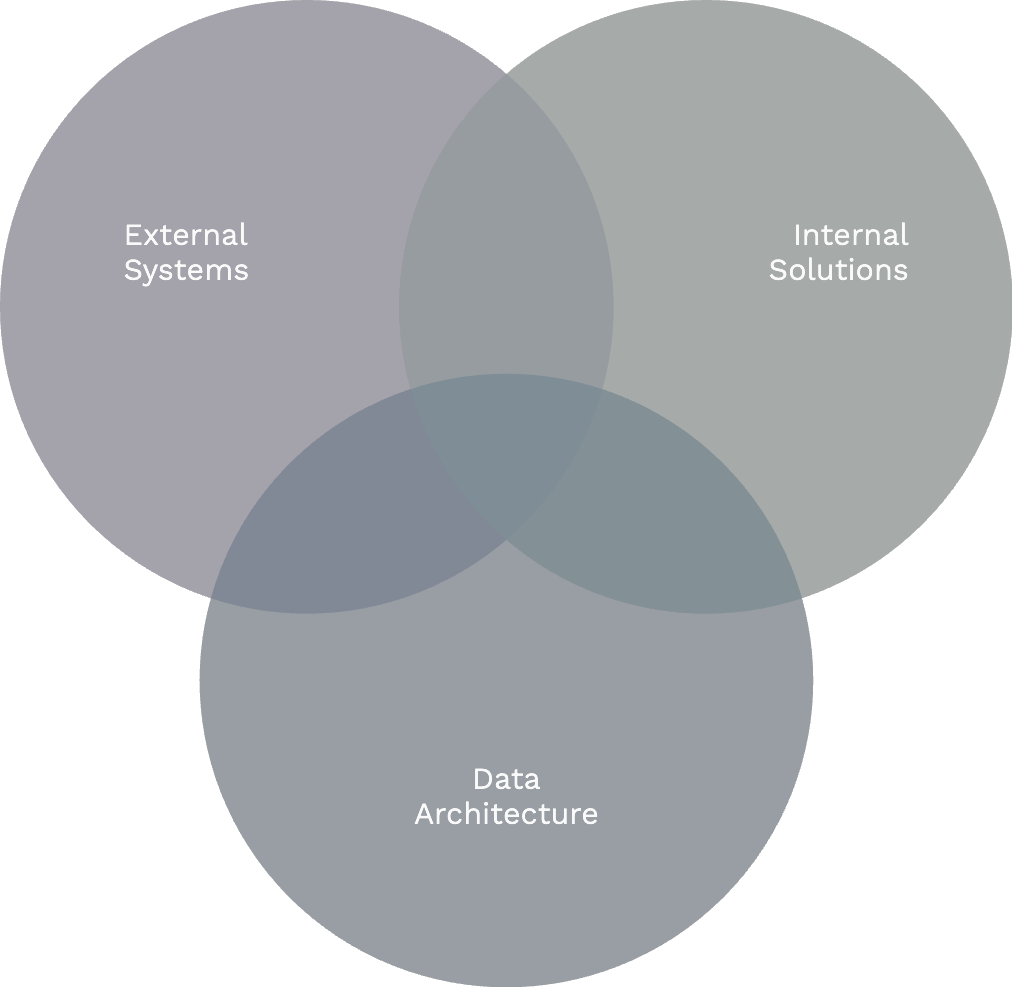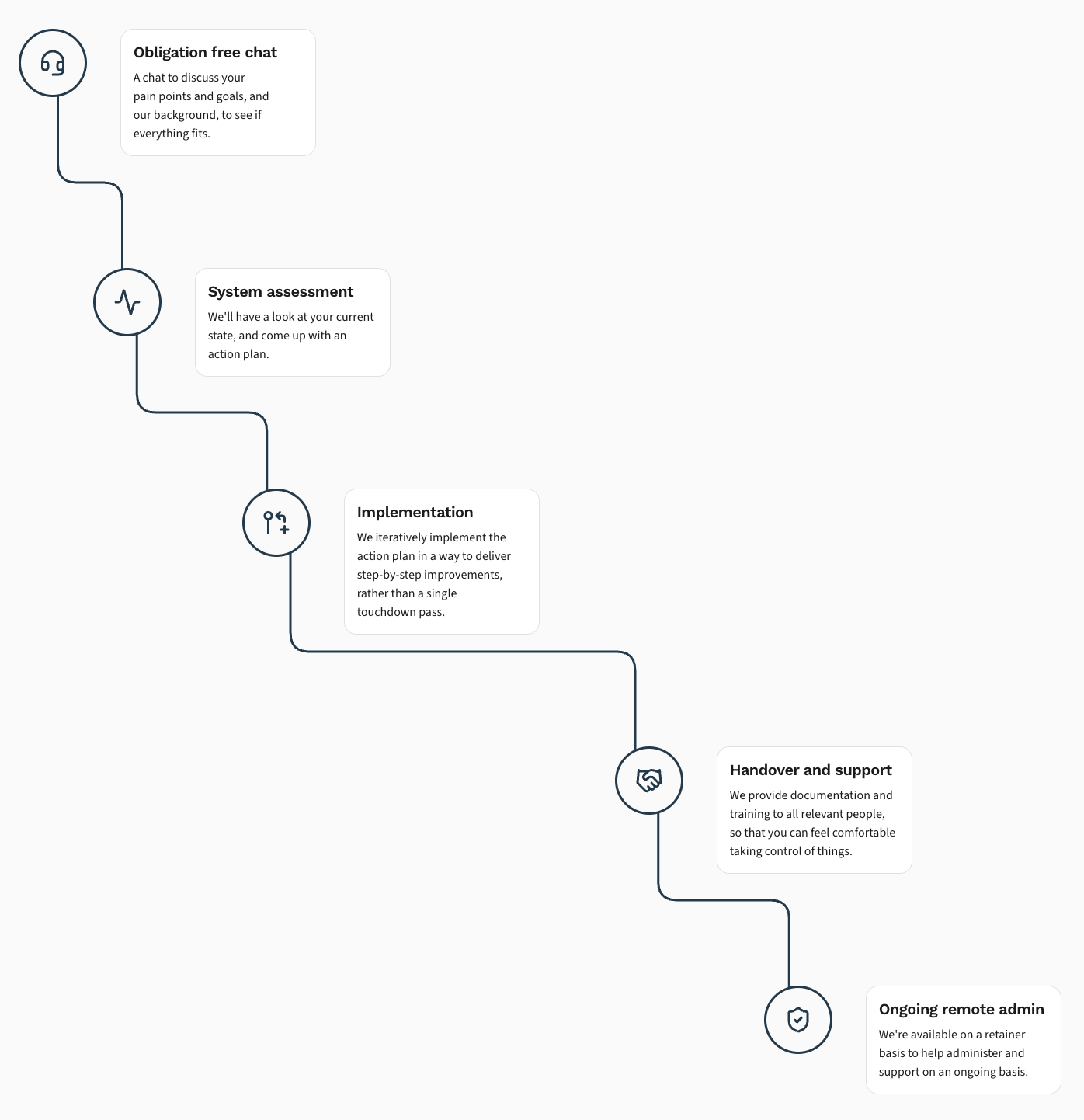Solopreneurs
Stop drowning in admin work and focus on what you're actually good at.
- CRM automation that doesn't feel like homework
- Bookkeeping that happens on autopilot
- AI assistants for client questions and booking
- Business intelligence dashboards in plain English


